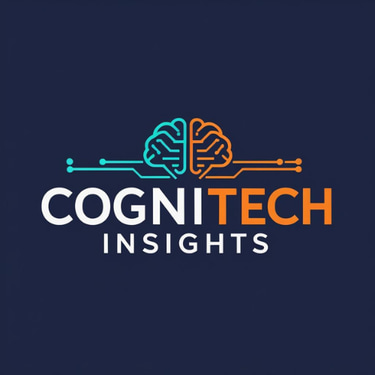Data Science and Analytics: The Engine Behind Modern Business Transformation
In today’s technology-driven environment, data has become one of the most valuable assets an organization can leverage. No longer just a byproduct of operations, data now plays a central role in shaping strategy, guiding investments, and enabling innovation. Data Science and Analytics are the disciplines at the core of this shift, giving companies the tools they need to transform raw information into insights that drive measurable results.
These capabilities are not just reshaping individual departments but redefining how entire industries operate. From smarter decision-making to predictive planning, the ability to extract value from data is becoming a defining factor in long-term success.
From Data to Insight: Turning Information into Impact
While they are closely related, Data Science and Analytics serve distinct purposes within the business context. Data Science focuses on building new algorithms, predictive models, and methods for exploring complex datasets. It applies statistical analysis, machine learning, and experimentation to uncover patterns that are not immediately visible.
Data Analytics, on the other hand, emphasizes the interpretation of existing data to identify trends, measure performance, and support strategic decisions. When these disciplines work together, they create a comprehensive view of both the present and the future. Companies can use this capability to enhance customer experiences, streamline operations, and reduce risks through better forecasting and insight.
This combination allows leaders to act with clarity and confidence, backed by data that supports every strategic move.
Real-World Applications Across Industries
The impact of Data Science and Analytics is evident across nearly every sector. In marketing, personalized campaigns driven by customer data can significantly increase engagement and conversion rates. Predictive maintenance helps reduce equipment downtime by identifying issues before they escalate. Supply chains can be optimized by analyzing logistics patterns and adjusting operations based on demand forecasts.
In retail, data helps personalize the customer journey while improving inventory planning. In healthcare, predictive models assist in diagnostics, improving patient care and operational efficiency. Government agencies use analytics to inform policy, allocate resources, and improve public services. These are not theoretical use cases, they are actively shaping the future of each industry.
Building a Data-Driven Culture
Adopting Data Science and Analytics is not just a technical decision. It requires a cultural shift that starts with leadership and extends throughout the organization. A data-driven culture is one where decisions are guided by insight, not intuition. That means making tools accessible, training staff across departments, and encouraging teams to use data as part of their everyday problem-solving.
Equally important is making data available to those who need it. Organizations that democratize access to insights empower more informed decision-making at every level. This kind of environment not only leads to better business outcomes but also encourages curiosity, experimentation, and innovation across teams.
The Road Ahead for Data-Driven Organizations
As businesses face increasing complexity and competition, the ability to make sense of data will continue to be a strategic differentiator. Data Science and Analytics allow organizations to anticipate market trends, respond quickly to change, and continuously improve through measurement and feedback.
Looking forward, advancements in AI, real-time analytics, and intelligent automation will only deepen the role of data in shaping business success. Companies that embrace these capabilities today will be better positioned to adapt, grow, and lead in the future.
Conclusion
Data Science and Analytics are more than just tools, they are strategic enablers for modern organizations. By investing in these disciplines, businesses gain the clarity, speed, and insight needed to make better decisions and stay ahead of the curve.
Whether you are just beginning your data journey or scaling an existing strategy, the key is to stay focused on outcomes and use data as a foundation for innovation. The future belongs to businesses that are not only data-aware but truly data-driven.


